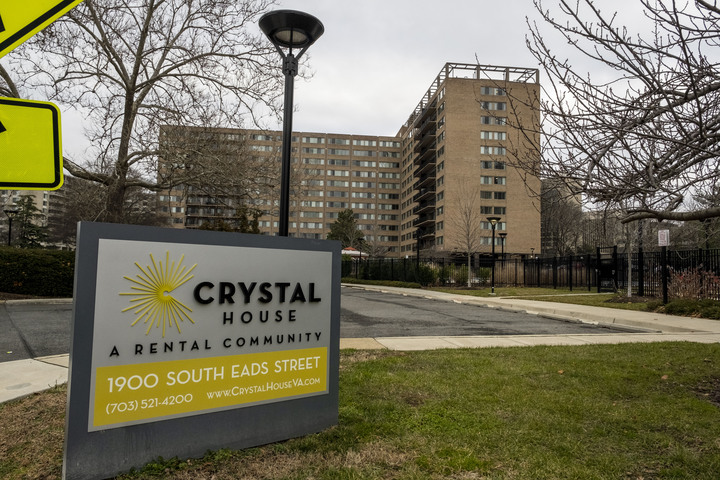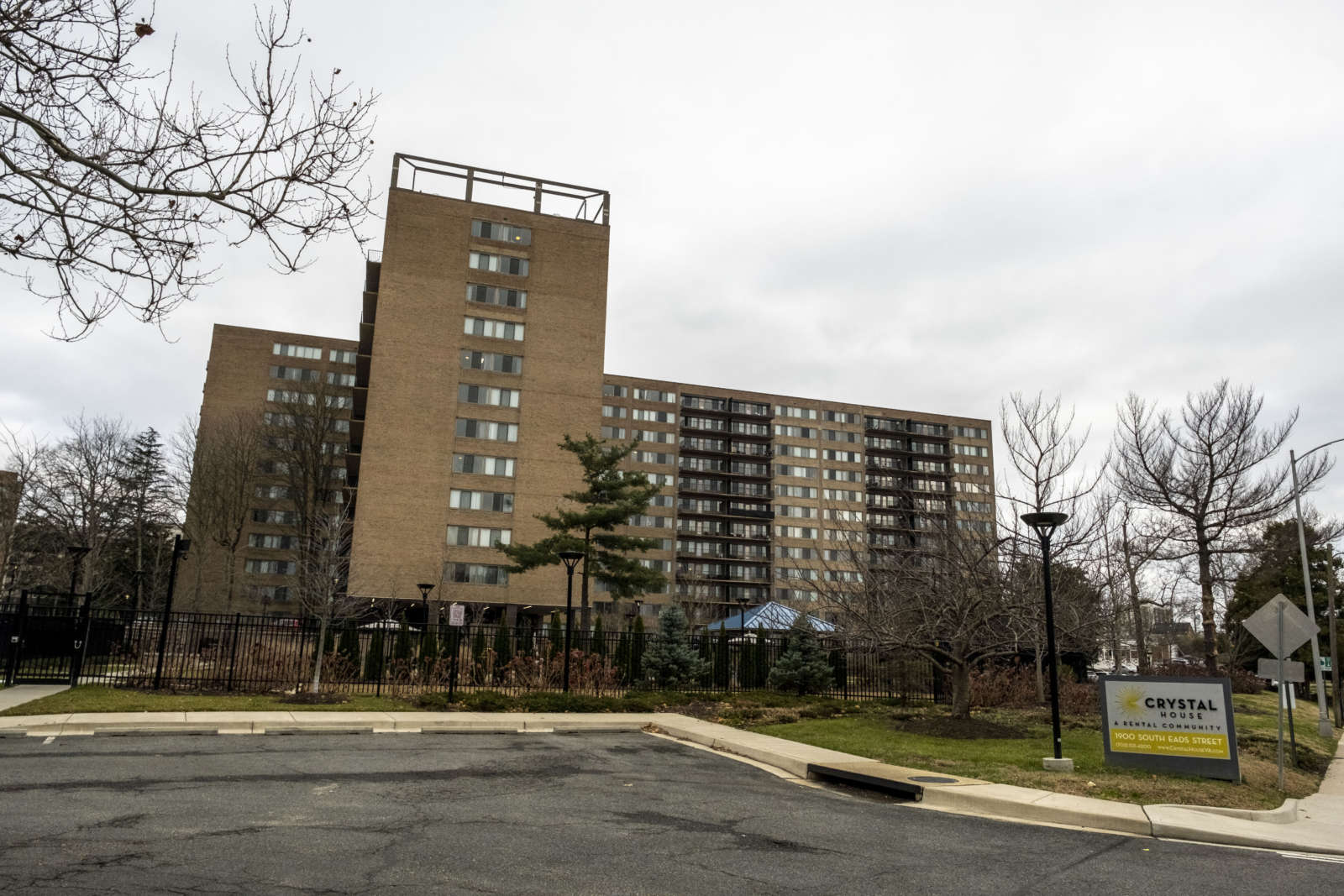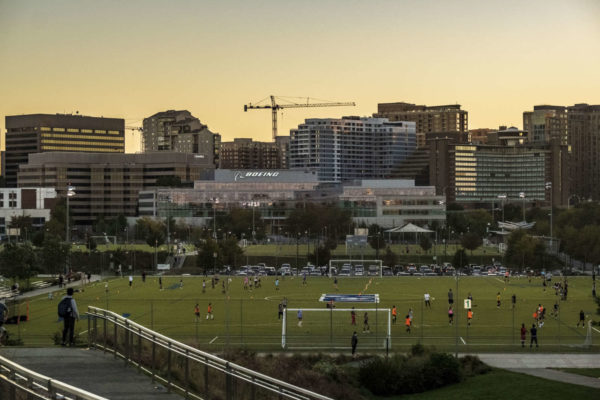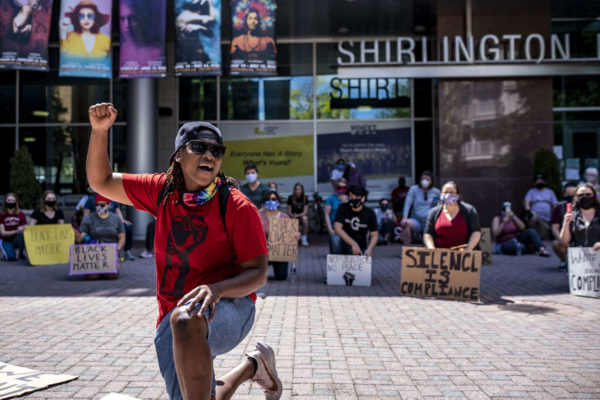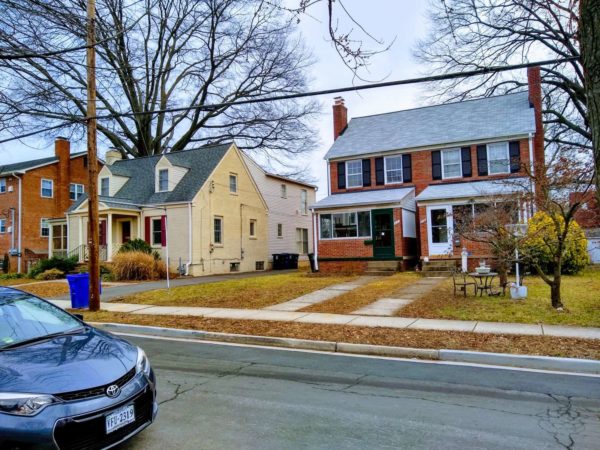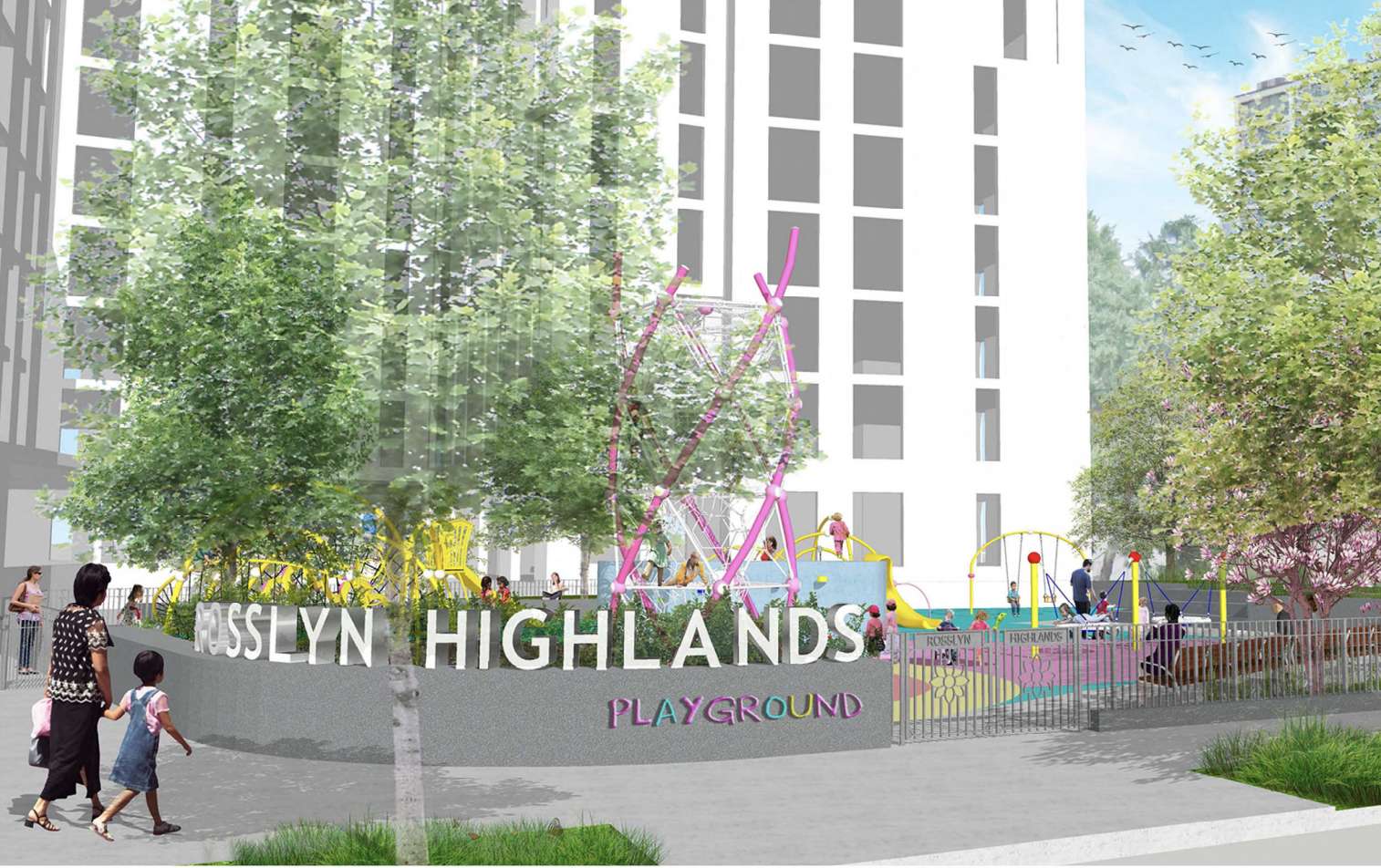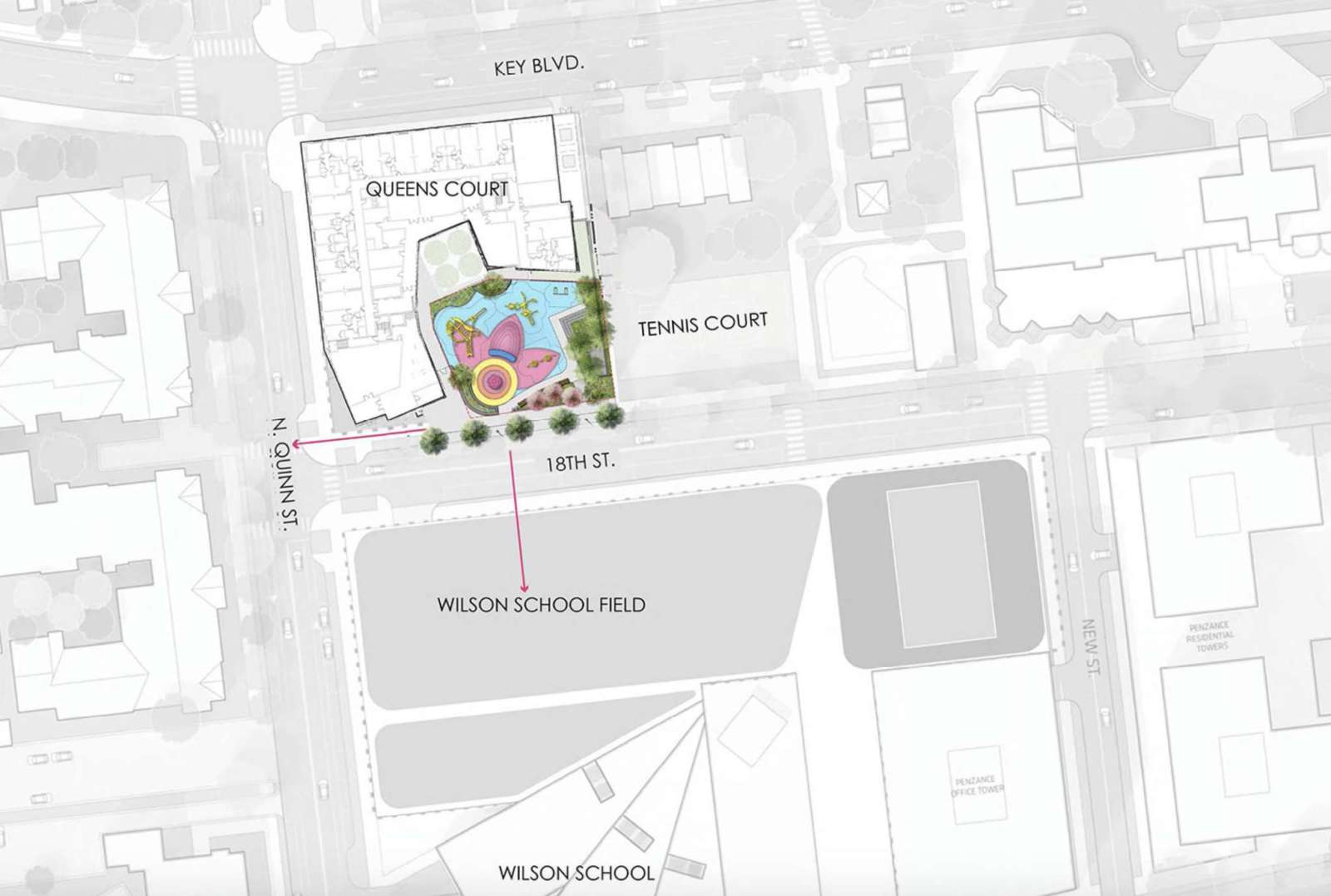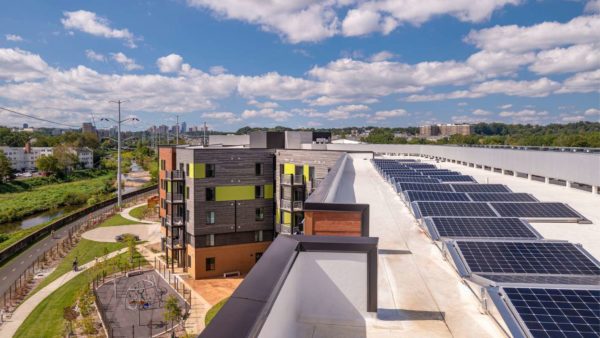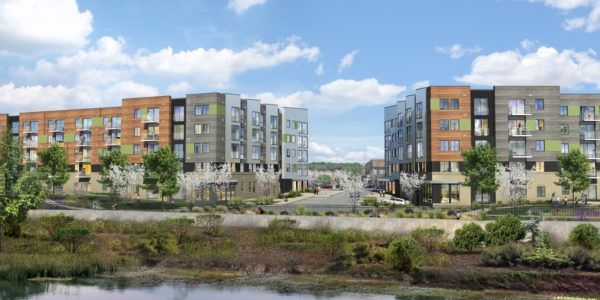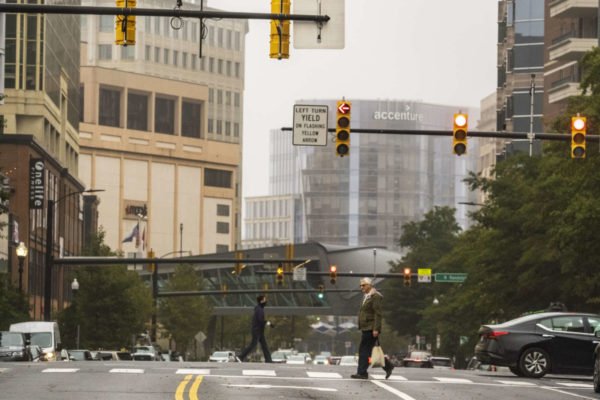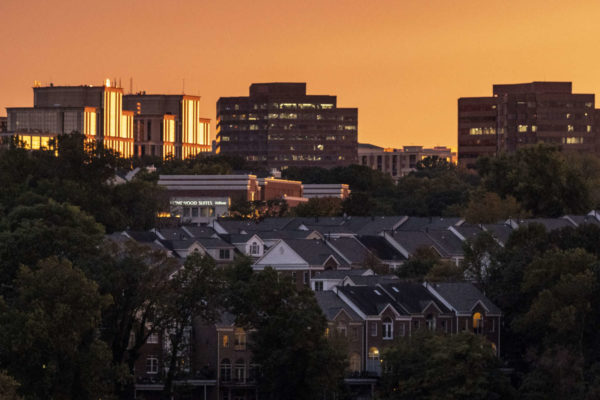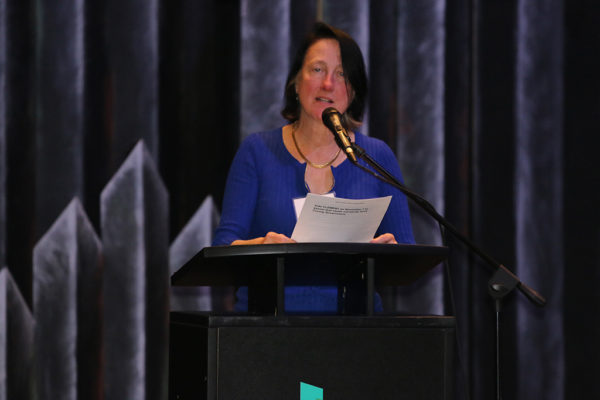Financed by Amazon, a D.C. area housing nonprofit bought and will stabilize rent at a luxury apartment building in Crystal City.
The tech giant announced on Wednesday that it is contributing $381.9 million to Washington Housing Conservancy to create and preserve 1,300 affordable housing units at Crystal House (1900 S. Eads St), as rents rise amid Amazon’s expansion into the area.
“Amazon’s investment in affordable housing in Arlington is transformational — and couldn’t come at a better time,” County Board Chair Matt de Ferranti said in a statement. “We are delighted to further strengthen our partnership with Amazon and to work together to serve our shared commitment to equity and economic opportunity for all of our residents.”
The funding for WHC includes a $339.9 million below-market loan and $42 million in grants. With the money, and a $6.7 million loan from WHC’s financing partner, JBG Smith, the nonprofit purchased Crystal House, a luxury apartment complex one block from Amazon’s future HQ2.
“Washington Housing Conservancy disrupts a market cycle that leads to displacement and offers the kind of stability that lets residents focus on their future, instead of the uncertainty of escalating rents,” WHC Executive Director Kimberly Driggins said in a statement.
The conversion of existing market-rate apartments into dedicated affordable apartments started on Jan. 1 and will continue over the next five years. Rents at the building, to be managed by JBG Smith, will target households earning less than 80% of the area median income. The agreement is for 99 years.
Residents were notified about the changes on Dec. 31 in a letter, obtained by Washington Business Journal.
“With Amazon’s support, we are advancing our vision for inclusive, mixed-income communities of racially diverse middle-income and low-income families and individuals, to live near their employment and access high-performing schools and community amenities,” Driggins said.
Although another purchase was in the works last year, the purchase of Crystal House marks Washington Housing Conservancy’s first finalized purchase since the nonprofit was established in 2019.
The contributions are part of Amazon’s new Housing Equity Fund, a more than $2 billion commitment to create and preserve more than 20,000 units in Amazon’s three footholds: Arlington, the Seattle area, and Nashville.
“Amazon has a long-standing commitment to helping people in need,” said Jeff Bezos, Amazon founder and CEO. “This new $2 billion Housing Equity Fund will create or preserve 20,000 affordable homes in all three of our headquarters regions — Arlington, Puget Sound, and Nashville. It will also help local families achieve long-term stability while building strong, inclusive communities.”
The contribution comes after nearly a decade of climbing housing costs that have outpaced the growth of household incomes.
Arlington County has lost approximately 14,400 privately-owned, affordably priced housing units since 2000, according to Amazon’s press release.
Between 2010 and 2018, the median home value climbed approximately 20% (after adjusting for inflation) and median rents climbed 11%, while median household incomes climbed only 7%, the release said.


